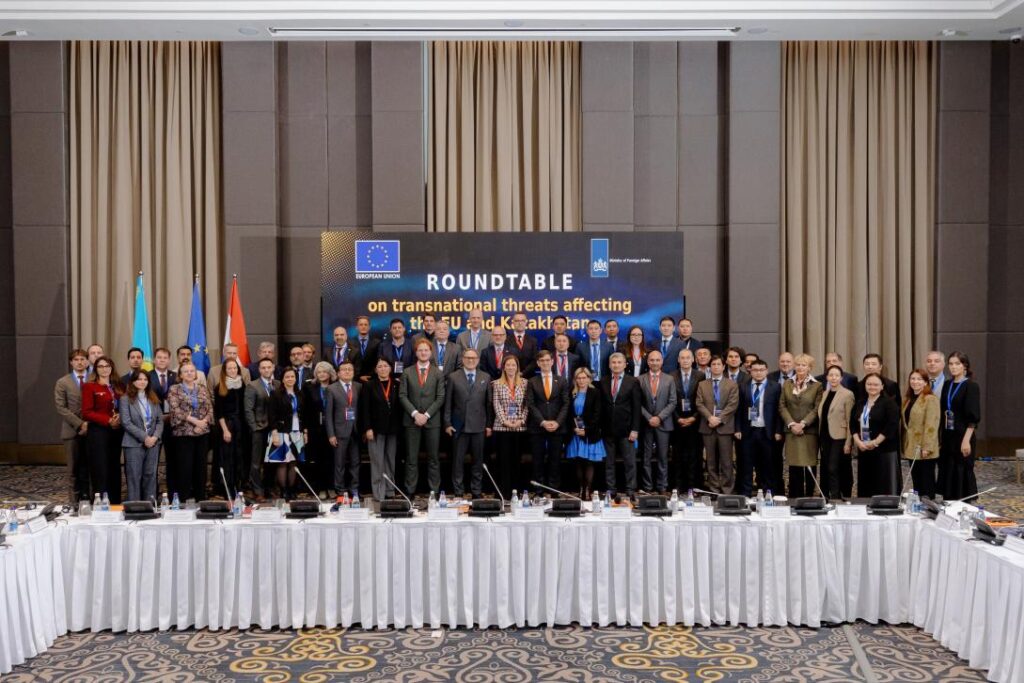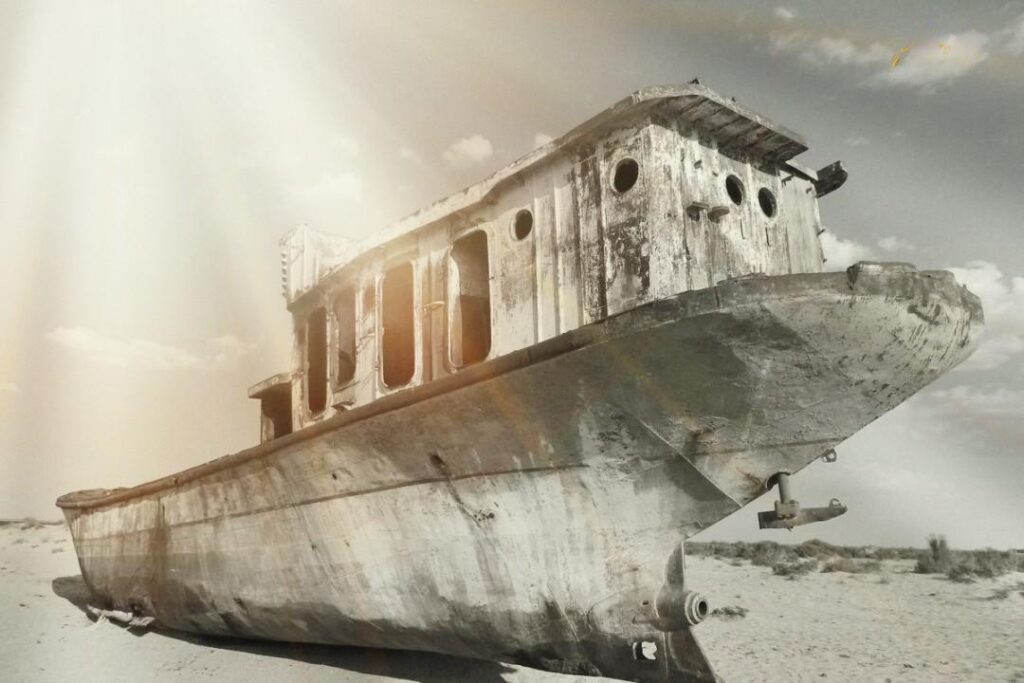Kazakhstan and EU Address Common Security Concerns
On November 14, the European Union Delegation to Kazakhstan, the Embassy of the Netherlands, and the Kazakh government convened a roundtable in Astana to address critical transnational threats impacting both the EU and Kazakhstan. The event gathered more than 70 experts, government officials, and international representatives to discuss pressing issues such as terrorism, human trafficking, migrant smuggling, and other security concerns. Particular attention was given to the interconnected nature of international extremism, border protection, critical infrastructure, drug trafficking, and arms trafficking. Participants underscored the growing level of cooperation between the EU and Kazakhstan, exchanging insights and experiences to enhance joint responses to these multifaceted threats. Kazakhstan’s Deputy Minister of Foreign Affairs, Roman Vassilenko, emphasized that transnational threats disregard borders and national sovereignty, posing a global challenge. “No country is immune from such issues as cyberattacks, organized crime, terrorism, trafficking in persons, or illegal migration,” he stated. Vassilenko noted that Astana has ratified all 19 UN universal counter-terrorism conventions and protocols, demonstrating its active engagement with the international community, including the EU. EU Ambassador to Kazakhstan Aleska Simkic hailed the roundtable as a significant milestone in security collaboration. “Today’s global security threats are neither confined by borders nor limited to single regions; they affect us all, underscoring the need for a united and coordinated response. The European Union and Kazakhstan are bound by shared interests and mutual challenges—whether addressing extremism, human trafficking, or organized crime. This roundtable offers an essential platform for exchanging insights and best practices, strengthening our common security and resilience, and creating better coordination between actions that both sides are already implementing. By working together, we build not only a safer Central Asia and Europe but also contribute to broader regional stability and peace,” Simkic said. Dutch Ambassador to Kazakhstan Nico Schermers echoed this sentiment, emphasizing the importance of collaboration. “Only by working together and learning from each other’s perspectives and insights can we tackle transnational threats affecting the European Union and Kazakhstan,” he remarked. The roundtable concluded with both the EU and Kazakhstan reaffirming their commitment to combat terrorism, trafficking, and organized crime, paving the way for deeper and more effective cooperation in the future.


